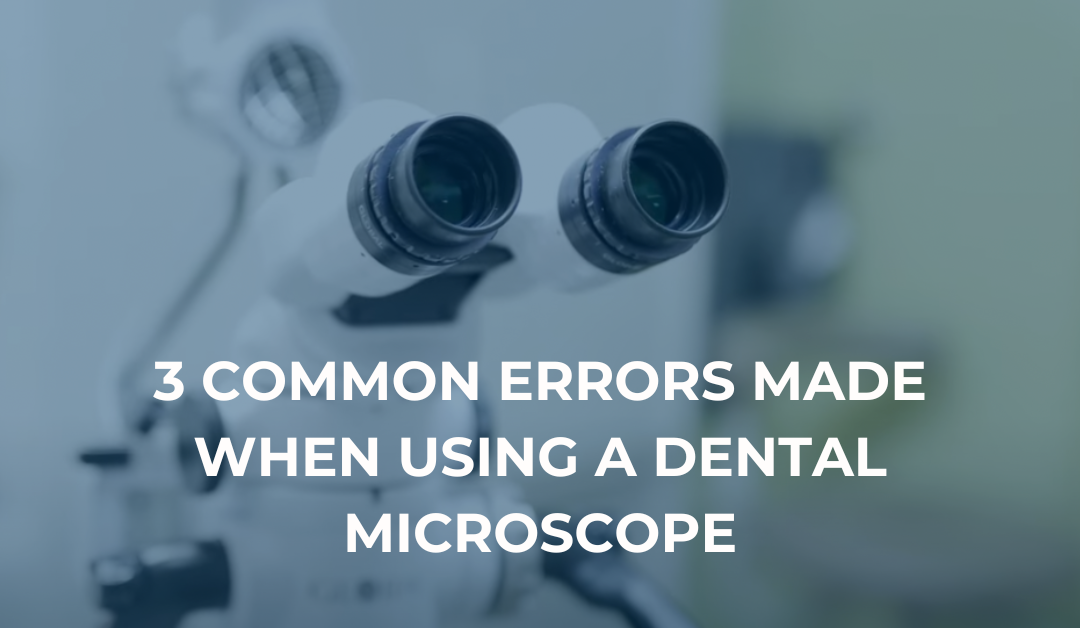Musculoskeletal Disorders (MSDs) in Dentistry: The Pursuit of Health and Wellness
.png)
Musculoskeletal disorders (MSDs) have long presented significant challenges to the well-being and longevity of dentists. Over 70% of dentists are experiencing MSDs, primarily attributed to awkward positioning and poor posture. Chronic fatigue, debilitating pain, and a higher risk of long-term disability can compromise the quality of life and professional careers of dentists.
Taking steps to avoid and mitigate MSDs can be a critical move for your comfort and productivity, ultimately helping you avoid early retiring prematurely due to health reasons.
Prevalence & Consequences
MSDs can have a significant impact on dental professionals, both personally and professionally. Chronic pain and discomfort can affect your quality of life, job satisfaction, and overall well-being. Recognizing the signs and symptoms of MSDs, as well as taking proactive steps to prevent and manage them, is crucial for the long-term career longevity and overall health of dental professionals.
Don’t let MSDs force you into early retirement, or leave you at the chiropractor or massage table daily. Keep the passion for your work, without the pain, by considering the following prevention strategies.
Prevention Strategies for Every Dentist
- Ergonomics: Implementing proper ergonomic principles is key to reducing the risk of MSDs. This includes adjusting your dental chair, patient positioning, and the use of ergonomic dental stools and equipment. The ideal standard for ergonomics as a dentist is working in a neutral posture, maintaining a straight back, relaxed shoulders, and supported wrists.
- Equipment and Technology: Investing in modern dental equipment and technologies can significantly improve ergonomics and reduce physical strain. Dental microscopes and adjustable operator chairs designed for optimal reach and access can enhance posture and precision during procedures.
- Physical Fitness and Exercise: Engaging in regular physical exercise and fitness activities can strengthen muscles, improve flexibility, and enhance overall physical well-being. Incorporating stretching exercises, yoga, or Pilates into daily routines can help prevent muscle imbalances and reduce the risk of MSDs.
- Breaks and Rest: Taking regular breaks during the workday is vital for reducing fatigue and preventing overexertion. Short breaks allow dental professionals to stretch, relax their muscles, and recharge both physically and mentally.
- Continuing Education: Have you thought about continuing education opportunities focused on ergonomics, posture, and injury prevention? Staying up to date with the latest research and techniques in ergonomics can help refine clinical practices and promote long-term musculoskeletal health.
Thinking about a Dental Microscope to Improve Ergonomics? Chat with Us!
If neck and back pain are creeping into your daily workflow, you may be ready to consider adding a microscope to your practice. We are here to help! We’ve been helping dental practices for over 25 years see the benefits of high magnification through a dental microscope.
We’re proud to be based in the US, with manufacturing and assembly facilities in St. Louis, MO. This helps us give our customers the best service, domestically and internationally. And, as part of our commitment to our customers, we offer a limited lifetime warranty on our scopes (US & Canada customers only).
Ready to get started? Reach a sales representative at 1-800-861-3585 or fill out an inquiry below.



.png)